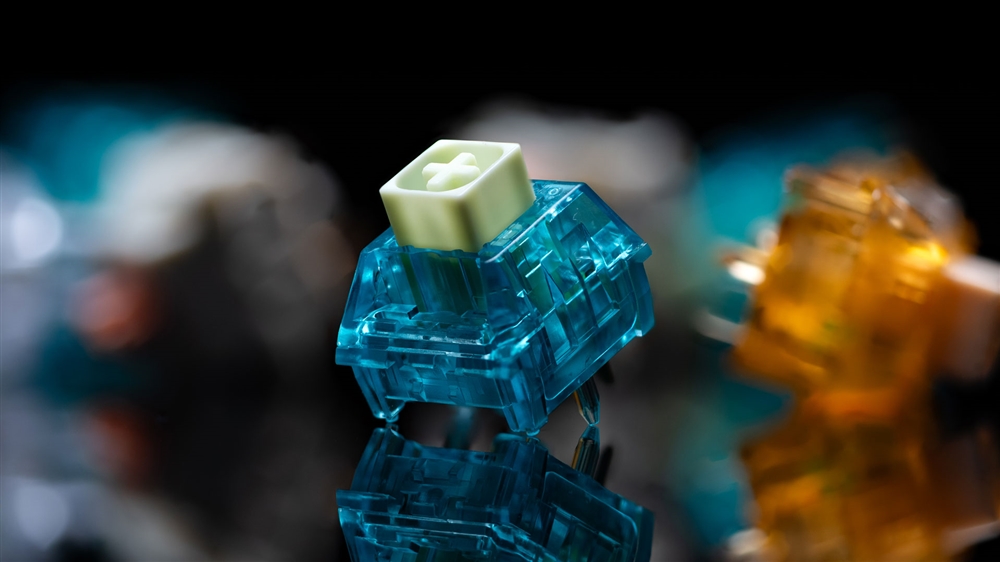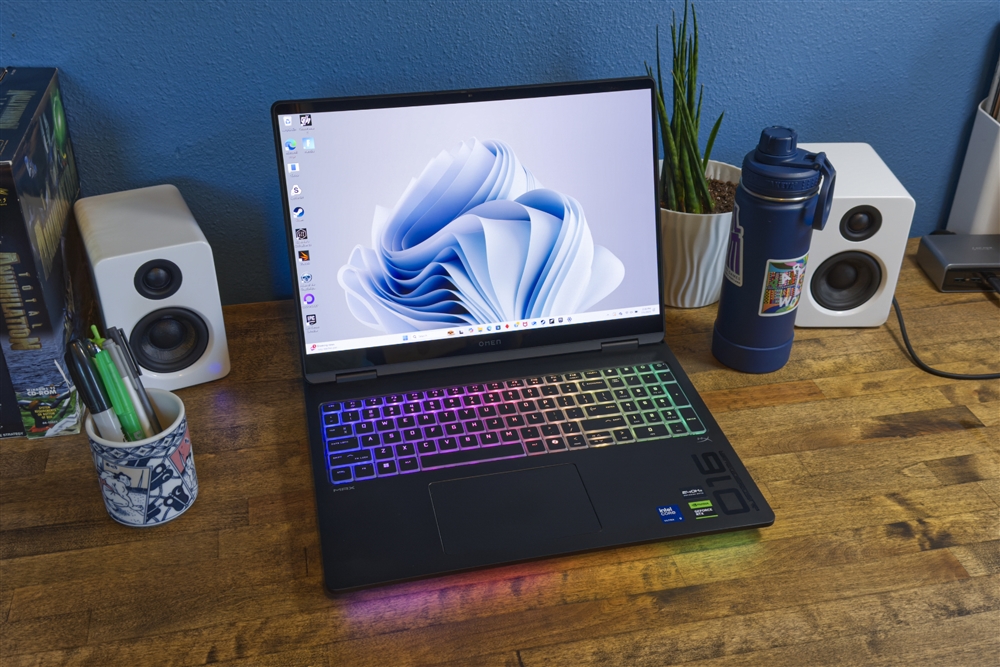This Week in AI: NVIDIA's Next-Gen Blackwell Artificial Intelligence Chips are Coming
For March 21, 2025: Razer creates an artificial intelligence gaming ecosystem, Italian newspaper publishes experimental AI-edition, detecting the next COVID, more AI search fails.News

Fresh off the release of its RTX 50-series cards, NVIDIA announced plans for new chips to power artificial intelligence technologies, including its Blackwell Ultra upgrade shipping later this year, and Vera Rubin chips to ship in 2026.
NVIDIA said its new Blackwell Ultra chips would be able to provide even more capabilities to AI by handling more information over shorter bursts of time, effectively speeding up its performance. The Vera Rubin chips, meanwhile, will pair a custom-designed CPU ("Vera") with a next-generation GPU ("Rubin"). NVIDIA said the Rubin GPU will also bring a change in the company's chip designs by combining two or more GPUs to work together. In 2027, NVIDIA intends to push even further, combining four GPUs together.
"It's a transition in the way we do computing," NVIDIA CEO Jensen Huang said while announcing the new products on Tuesday.
NVIDIA also said its Project Digits desktop AI supercomputer-accessory was being renamed DGX Spark, and it seems to have competition. Companies ranging from HP to Dell to Asus and beyond announced their own takes on the Blackwell-powered AI device that's about the size of a hardback book.
Razer's gaming AI
Hot on the heels of Microsoft's Xbox gaming copilot, Razer announced its own AI Gamer Copilot, which offers a voice-powered AI assistant giving tips and suggestions as you play.
Razer wants to push AI beyond gamers, though. The company announced a new platform called Wyvrn, which is designed for device and software developers. This includes tools for spatial audio, RGB lighting accessories, and quality assurance testing for coding tools like Unreal Engine and Unity.
Razer said its AI can uncover up to 25% more bugs than manual testing, saving QA time and costs.
Italian newspaper experiments with AI
News sites have been experimenting with AI-generated news articles for many years, but an Italian newspaper has taken the next step to having an AI put together an entire edition. As reported by the Guardian, the Il Foglio published its "experiment" to highlight AI's impact "on our way of working and our days." The publication's editors were limited to asking the AI for questions, and then reading answers.
The Guardian noted that none of the articles included quotes from human beings, as that would require real-world journalists to do the reporting.
AI helping to identify disease
Pandemics have always been a part of human history, and COVID-19 was just the latest. The question is when the next will strike, and Northeastern University says it's building an AI to help.
Northeastern's AI is different from a typical pandemic-focused technology, as it's designed to imagine what the next pandemic disease might be, rather than trying to determine when it'll strike. Researchers at Northeastern are describing this approach as modeling how pandemics could strike, to help us quicker identify when they might be happening.
"If it sounds broad, it is," said Samuel Scarpino, the director of AI and life sciences at the Institute for Experiential AI. The paper he co-authored on this research was recently published in the journal Nature.
“It could be that AI can help us at least answer that question: How frequently are we actually seeing these novel viruses with pandemic potential spilling over into human populations?” Scarpino said, per Northeastern's blog post. "For disease forecasting, we’re still in our infancy."
AI search stumbles
Many of us have already heard the term "AI hallucination," which describes when an AI makes something up and presents it as fact. In the case of some New York lawyers, the hallucinations created fake court cases to cite in a legal brief, leading them to be sanctioned. In other cases, you have Google recommending you add glue to pizza to keep the cheese from falling off (don’t do that, by the way.)
New research suggests that AI search engines haven't found solutions to this approach. The Columbia Journalism Review's Tow Center for Digital Journalism found that AI-powered search engines cite incorrect news sources in more than 60% of queries. This is particularly important because a February survey by the media company Future Plc found roughly one in four Americans now use AI as an alternative to traditional search.
Unfortunately, identifying when an AI is making things up will be tough. CJR researchers said the chatbots it tested were "generally bad at declining to answer questions they couldn’t answer accurately." Instead, they'd provide "incorrect or speculative answers."
CJR's researchers also found an alarming trend that "premium" chatbots "provided more confidently incorrect answers than their free counterparts." Even though the AI companies often market their paid chatbots as better performing and more reliable. "Our observations are not just a ChatGPT problem," CJR wrote, "but rather recur across all the prominent generative search tools that we tested."
Read more: AI Tools and Tips
- DeepSeek's New AI Challenges ChatGPT — and You Can Run It on Your PC
- How To Improve Your AI Chatbot Prompts
- How I Turned Myself into an AI Video Clone for Under $50
- What is Meta AI? A Capable Chatbot That’s 100% Free
- Hands-on with ChatGPT o1-preview, OpenAI's Latest Innovation
- How to Get Started with Copilot for Microsoft 365
- Getting started with LM Studio: A Beginner's Guide
- Meet Claude, the Best AI You've Never Heard of
Ian Sherr is a widely published journalist who's covered nearly every major tech company from Apple to Netflix, Facebook, Google, Microsoft, and more for CBS News, The Wall Street Journal, Reuters, and CNET. Aside from writing, he tinkers with tech at home, is a longtime fencer -- the kind with swords -- and began woodworking during the pandemic.












